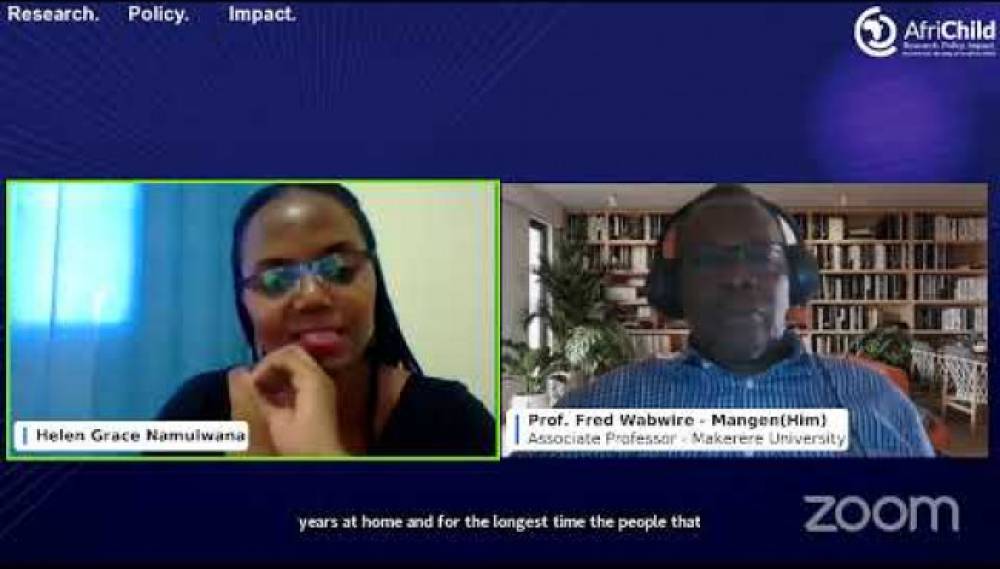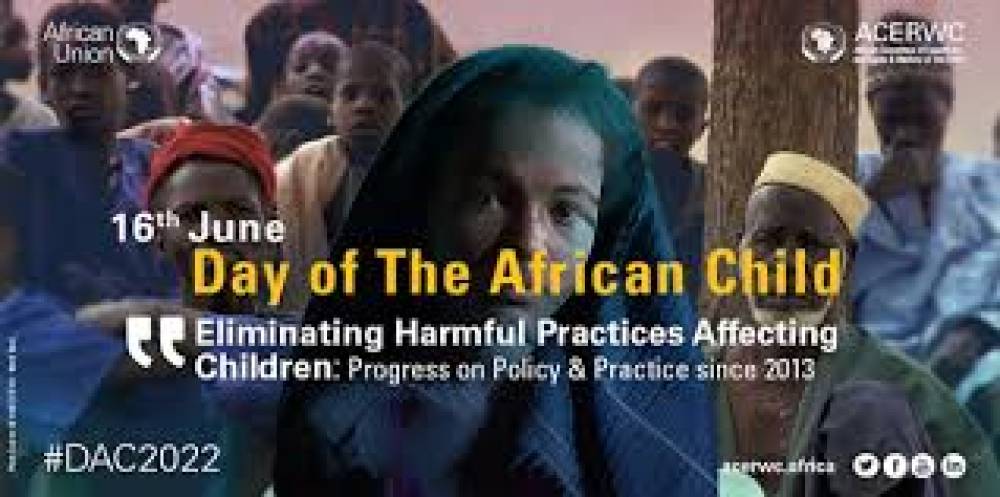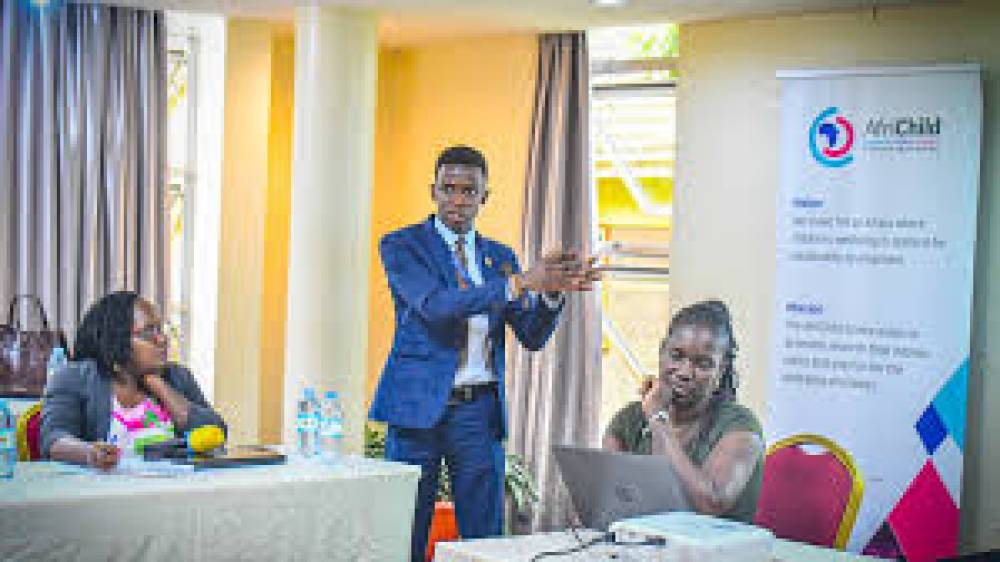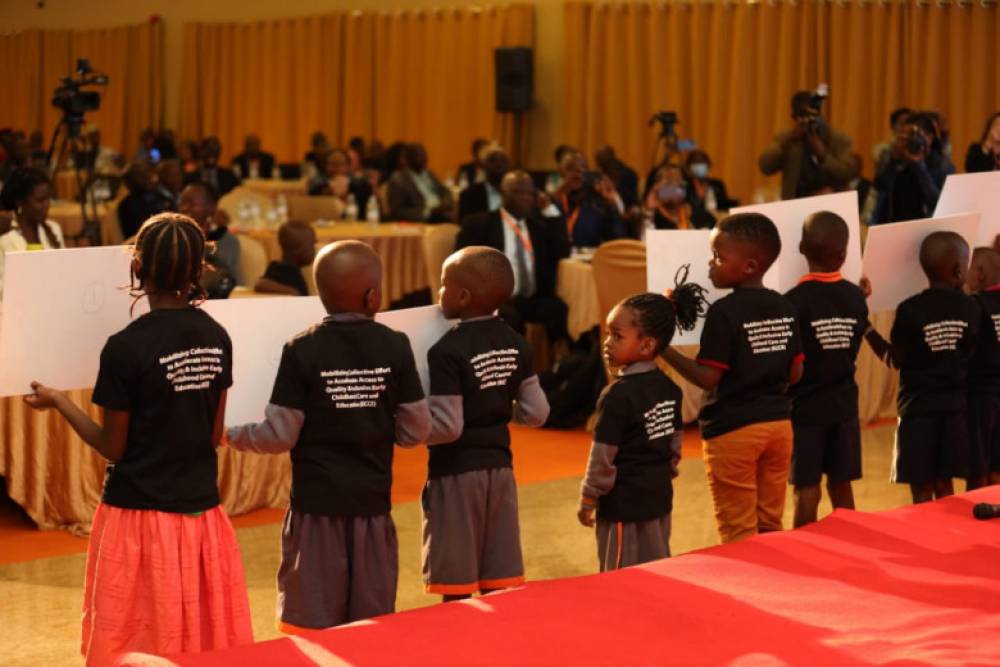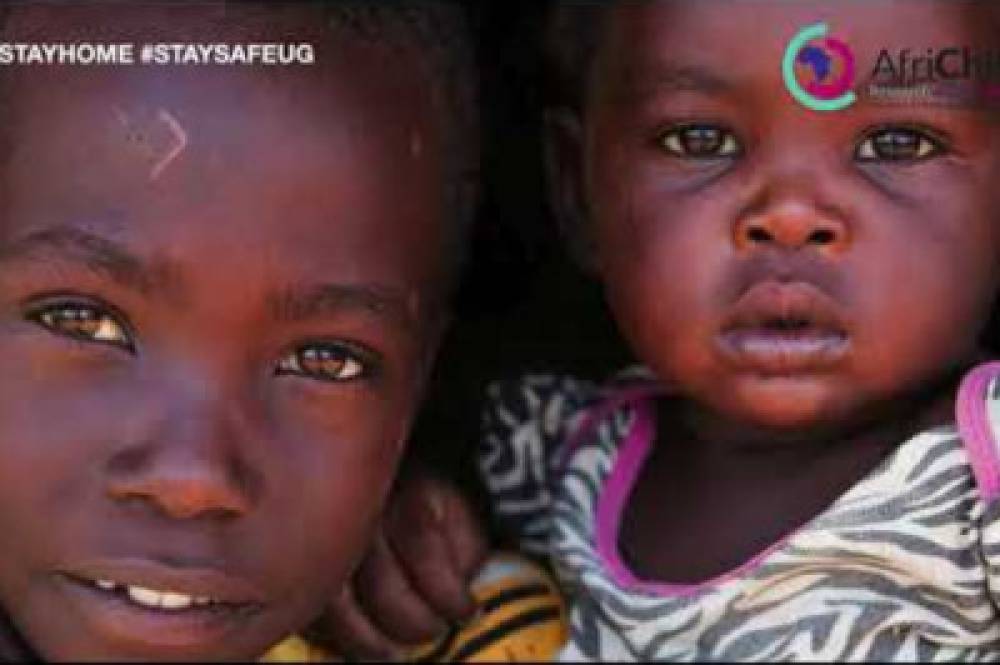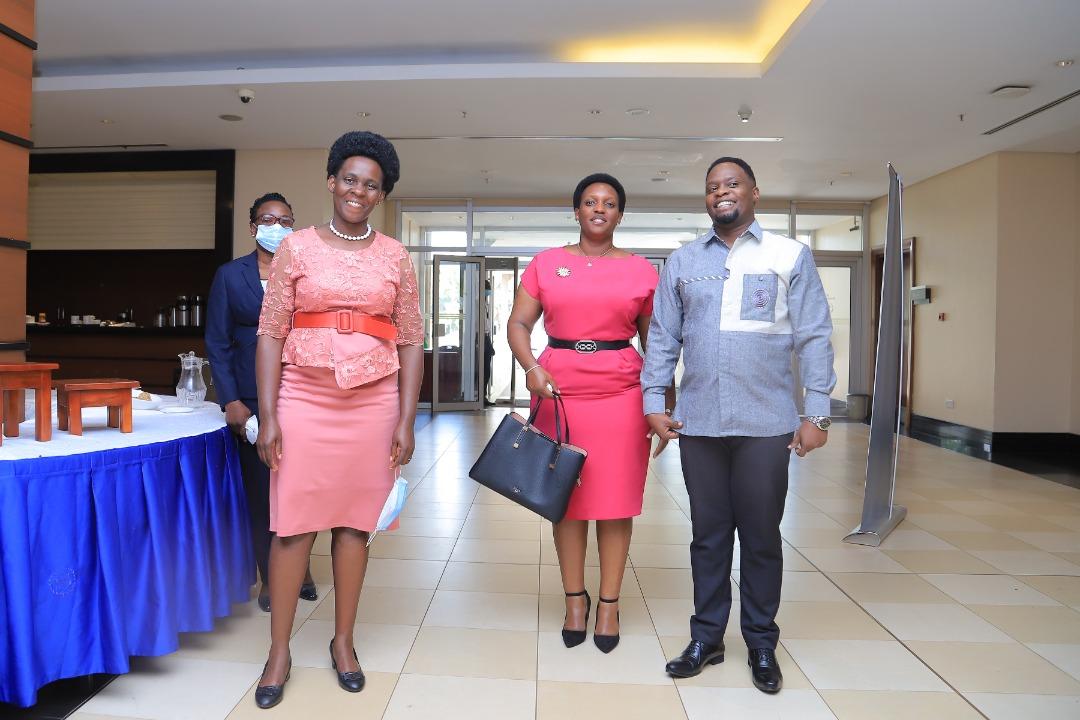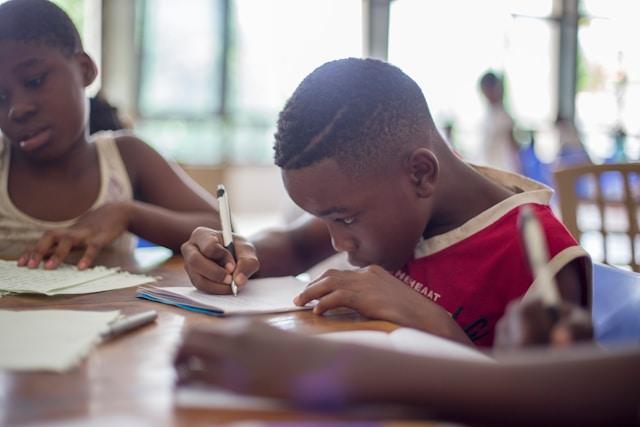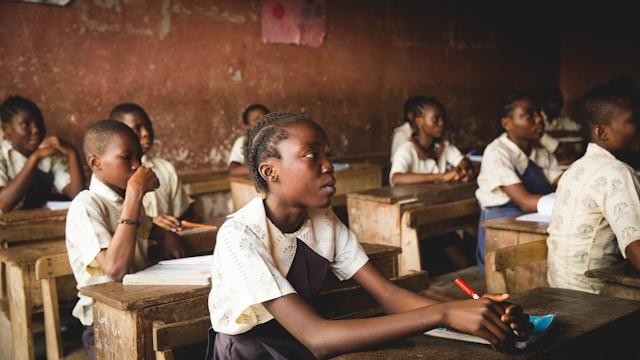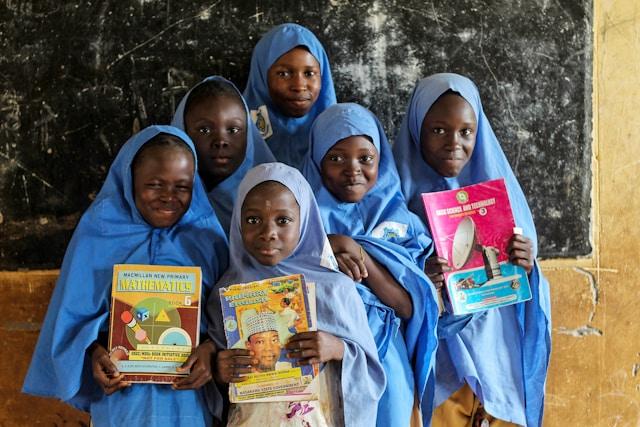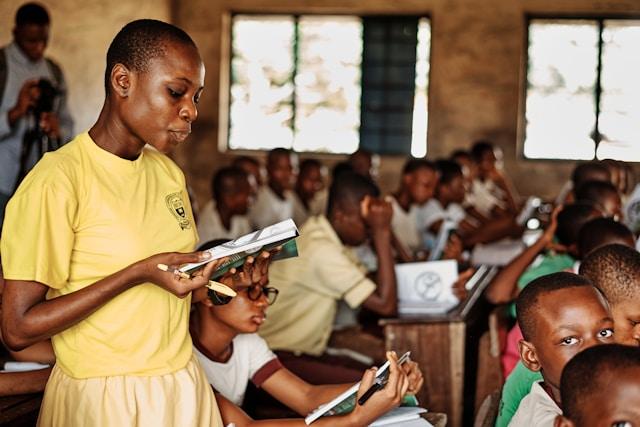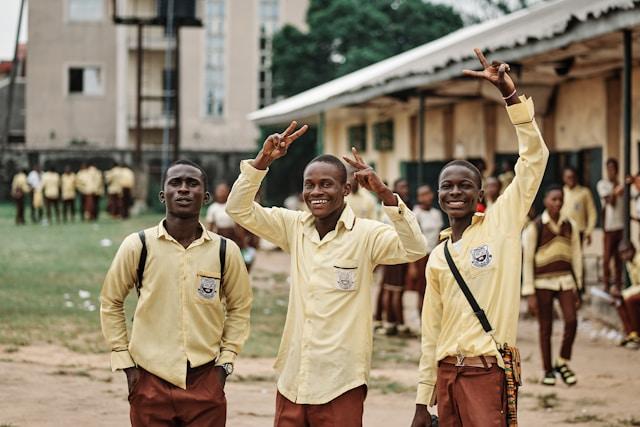Intersection of 2-Gen Approaches and ECD in Uganda
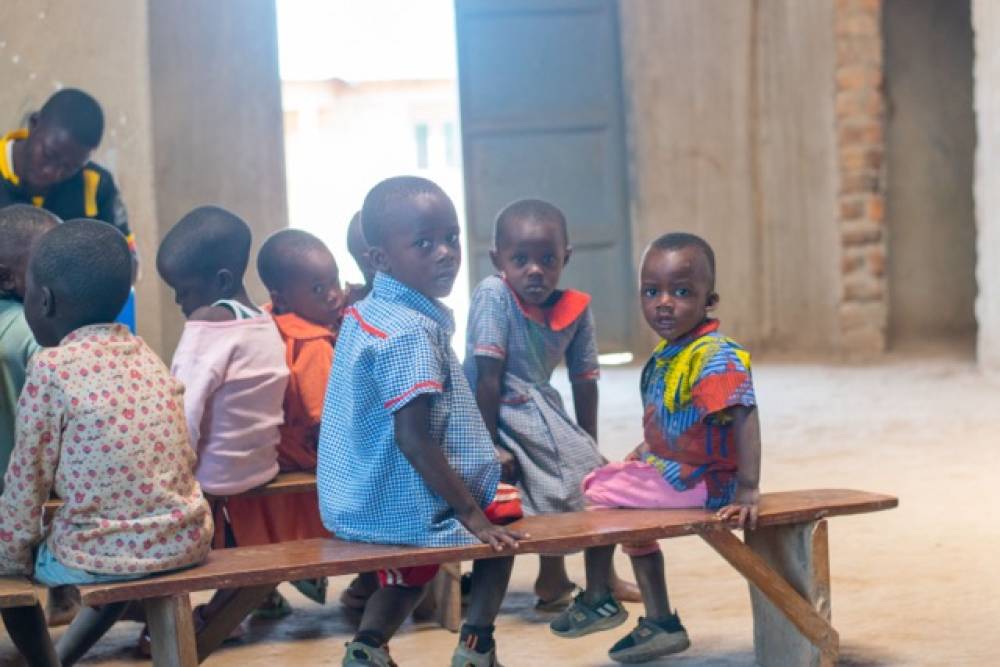
Intersection of 2-Gen Approaches and ECD in Uganda
In the relentless battle against poverty, innovative approaches are vital. Two-generation strategies have emerged as a beacon of hope, targeting low-income households where both children and parents are supported concurrently. By intertwining interventions for parents and children, these approaches aim to shatter the cycle of poverty, focusing on pillars like education, economic support, social capital, and health and well-being. Through their synergistic efforts, they seek to establish a legacy of economic security that transcends generations.
Uganda, with its progressive refugee policies, shelters one of Africa's largest refugee populations. Within this context, strategic early childhood development (ECD) initiatives offer a pathway to transformation. By providing nurturing care, early learning opportunities, and skill-building programs, refugees and host communities can break free from the shackles of poverty, ushering in a brighter future for themselves and their children.
The AfriChild Centre stands at the forefront of change as part of a consortium of five organizations implementing the Kulea Watoto (Nurturing Children) Project. This groundbreaking initiative employs a unique two-generation approach, offering learning sessions on responsive caregiving and early learning opportunities. Moreover, it enhances connections to children's services within local communities, provides livelihood training, and offers start-up funding for promising business ideas.
In the Kulea Watoto project, Village Health Teams (VHTs) disseminate crucial health-related information to community members, while paralegals address protection issues. College-based tutors equip teachers with pre-primary curricula skills, and parish chiefs oversee mobilisation and the parish-development model. Furthermore, village savings and loans associations promote financial empowerment through shared learning, and care groups like Mother Care Groups (MCGs) and Father Care Groups (FCGs) facilitate connections among caregivers, project staff, and stakeholders.
This project offers a comprehensive suite of interventions aimed at enhancing the well-being of children and families across Uganda. Through learning sessions on responsive caregiving and early learning opportunities, alongside initiatives to bolster linkages to essential children's services, the project aims to uplift communities. Additionally, livelihood training and start-up funding pave the way for sustainable economic growth and self-reliance.
Access to quality early childhood education serves as a cornerstone for both refugees and host communities. By investing in early learning, we not only nurture children's development but also empower parents with tools to support their growth. Community-based preschools, playgroups, and parenting workshops provide safe havens for children and equip caregivers with effective techniques, fostering resilience and community bonds.
Economic empowerment emerges as a vital pillar beyond early childhood development, offering pathways to self-reliance. Skill-building programs in vocational training, entrepreneurship, and financial literacy empower individuals to create businesses, secure employment, and contribute to local economies. Integrating these initiatives with early childhood development efforts paves the way out of poverty for refugees and host communities, enhancing developmental outcomes and fortifying families and communities.
As we strive for inclusivity and resilience, investing in the early years and empowering caregivers and community members remain paramount. Together, we can rewrite the narratives of refugees and hosts, ensuring a future brimming with possibilities, regardless of circumstance. Through collaborative efforts, we can build a brighter tomorrow for all.
Insights & Updates
Other related posts and resources
Child-based Strategies in Addr...
Child-based Strategies in Addressing Child-to-Child Violence in Primary Schools Part of the AfriChi...
Read MoreDay of the African Child 2022
Supporting Children to Thrive Holistically - Emily Atieno (DAC2022) Explore how AfriChild Centre is...
Read MoreTraining of Policymakers and P...
The PPURE training program is one of the Centre’s flagship programs. PPURE was initiated in 2018 to...
Read MoreEarly Childhood Care and Educa...
We continue to leverage our collaboration with the government of the Republic of Uganda while making...
Read MoreChild Labour: An Obstacle to E...
Child Labour: An Obstacle to Early Childhood Development Children constitute 60% (25.2 million) of...
Read MoreInsights & Updates
Explore AfriChild's Knowledge Hub
EXPLORE OUR RESOURCES
Unlock a world of useful resources in our Knowlegde Hub
-
Call Us
-
Email
-

 #AfriChild
#AfriChild